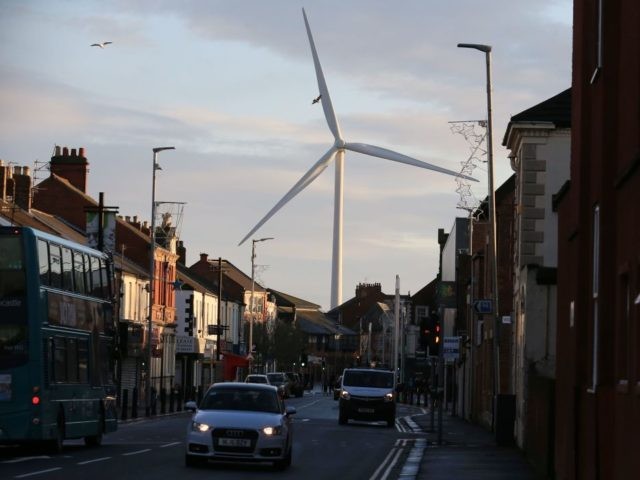Finally, some good Coronavirus news: the pandemic has caused the collapse of Europe’s carbon trading market.
According to Recharge News:
The Covid-19 pandemic has turned Europe’s carbon price upside down, with prices dropping by 40% since early March when they were still trading at about €24 ($26) per metric ton, analyst IHS Markit said.
The current trading levels of between €16-18 per metric ton are roughly two thirds of the level of the high of 2019 of €29 per metric ton.
“This is a perfect storm for Europe’s carbon market, and it may well lead to some challenging questions about its role in Europe’s decarbonisation strategy once the COVID-19 crisis has passed,” said IHS Markit director Coralie Laurencin.
The collapse of the carbon trading market is, of course, an entirely predictable consequence of the Europe-wide slump caused by government lockdown policies. Even before the lockdown, trade unions in Europe were warning that the EU’s proposed Green Deal would endanger 11 million jobs. Post-Coronavirus, ostentatious greenery looks like a luxury that not even the profligate, socialistic EU can afford.
When businesses are in trouble one of the first things they do is seek to slash unnecessary costs. And what could be more unnecessary than a levy imposed on business which serves no useful practical purpose except as a form of state-orchestrated virtue-signalling designed to show concern about climate change?
In the relatively good times before Coronavirus wrecked the economy, businesses were happy enough to have to pay their green Danegeld in the form of carbon credits.
Not any more they are not.
The ailing German car industry, for example, has been desperately lobbying the EU to drop its tighter CO2 emissions targets. German car sales have plummeted to their lowest level in three decades.
Leading industry and trade union representatives met with Chancellor Angela Merkel, economy minister Peter Altmaier, and transport minister Andreas Scheuer on 1 April for a crisis meeting in light of the economic difficulties car manufacturers are facing due to the coronavirus. “This not the time to think about further tightening of the CO₂ regulation,” Hildegard Müller, president of in the influential carmaker lobby group VDA later said.
Airlines, too have been urging the UN to relax its emissions regulations on air travel.
Estonia has announced that it wants temporarily to withdraw from the EU’s Emissions Trading Scheme. (The EU, needless to say, has vetoed this plan).
And the cornerstone of the European Union’s energy policy — renewables — is starting to crumble as a result of another perfect storm combination: the collapse in the oil price and the growing economic crisis caused by the shutdown.
According to the Telegraph:
“Low oil and gas prices will place pressure on the economics of renewable energy sources and, without policy support, some renewables that have seen rapid deployment will have to wait for credit markets to recover, ceding ground to cheap hydrocarbons and fossil fuels,” says Reed Blakemore, deputy director of the Global Energy Center at the Atlantic Council.
Yes, that’s the arid technical way of putting it.
More bluntly, no energy user in their right mind wants to pay over the odds for overpriced, unreliable, bat-chomping, bird-slicing energy to solve an imaginary problem when they’re currently living through a much, much bigger and real problem.
Green lunacy may well turn out to be one of the bigger casualties of the Chinese Coronavirus pandemic. If it is, then the pandemic will not totally in vain.

COMMENTS
Please let us know if you're having issues with commenting.